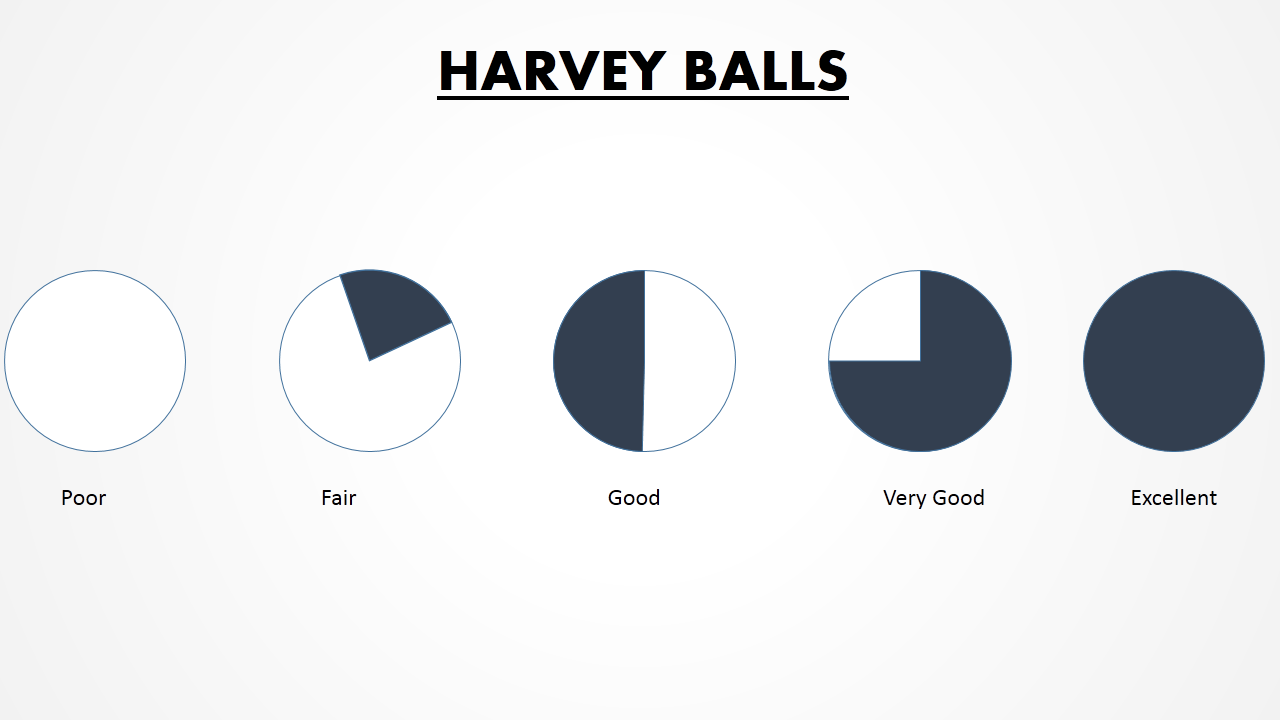"Imagine a world where every home has a computer, where all knowledge is accessible by a mere touch of a button." Welcome to a universe where creativity has no limits, a world where science fiction is a reality. Thank you to AI Google, where artificial intelligence is used to build a better tomorrow.
What is AI Google?
AI Google, formerly Google Research, is a subsidiary of Google solely responsible for conducting and developing artificial intelligence (AI) research and development.
Working with Artificial Intelligence Google
AI Google operates inside a complex structure that includes internal research projects and significant financial investments in programs, which are explained as follows:
Framework for research and development:
- A broad infrastructure that includes internal research efforts powers Google AI.
- Research and development initiatives receive significant funding.
- Also, Google's Artificial Intelligence innovation relies heavily on collaborative collaborations with top industrial players and academic organizations.
Open-Source Collaboration:
- Google is dedicated to disseminating some of its AI research to the general public.
- Moreover, Open-source channels make research findings and AI technologies available to the public.
Product Development Driven by Data:
- Google produces AI products using machine learning (ML) algorithms and data machine learning (ML) algorithms and data to produce AI products.
- Further, Pattern recognition, forecasting, and creative material creation are all AI systems' capabilities.
Four (4) Data Sources:
- User interactions across Google's broad ecosystem serve as the data source.
- Additionally, this data source includes contributions from Google Search, Google Maps, and Google Photos.
Data Analysis and Processing:
- For thorough analysis, raw data must go through painstaking preprocessing, cleaning, and preparation.
- ML algorithms analyze data sets to glean important information.
Analyzing Algorithm Improvement:
- In addition, Besides drawing out insights, the analysis helps ML algorithms become more precise.
- The algorithms' overall efficiency and accuracy are improved through this iterative approach.
Integration and Testing:
- Tested rigorously on new data sets are trained algorithms.
- Only algorithms that fulfill Google's rigid performance standards are included in its numerous products.
Real-World Applications:
- Google Artificial Intelligence impacts a variety of goods and services inside the Google ecosystem, in addition to virtual assistants.
Guidelines for Ethical AI Development:
- Artificial Intelligence Google follows guidelines for ethical AI development.
- The use of ethical and open Artificial Intelligence is stressed.
Mission and vision:
- Google Artificial Intelligence aims to make valuable artificial intelligence available to many people.
- It emphasizes study, cooperation, data-driven innovation, and moral application.
How Does Google AI Make Life Convenient?
Google Artificial Intelligence identifies uses for several Google services and products, such as:
DoubleClick and Google Ads:
Many advertising platforms use Smart Bidding, an automated mechanism powered by machine learning (ML), to optimize bidding methods.
Using Google Assistant:
Users may get voice-activated assistance through Google Assistant, an AI-powered speech assistant for smartphones and wearables like Android smartwatches.
Chrome on Google:
To improve the surfing experience, Google Chrome uses AI to show users relevant video snippets linked to their search searches. Also, other web browsers that compete with it have incorporated this capability.
Driving Mode on Google Maps:
The AI-driven driving mode in the Maps program predicts a user's destination without the need for explicit commands and offers navigational advice in line with that prediction.
Google Pictures:
Sharing memories is made more accessible by Google Photographs, which uses an AI-based recommendation system to offer photographs to users.
Internet Search:
Google Search now uses deep learning technology, allowing search engines to adjust and advance in response to fresh data and analysis.
Google Smart Reaction:
This function uses language-focused AI to offer email suggestions that complement a user's message.
Google AI’s Upcoming Innovations
Google AI is actively shaping the future with its involvement in various fields, including:
Healthcare:
Enhancing healthcare with early illness diagnosis and precision medicine. So, you can check our AI in healthcare now.
Quantum Computing:
Quantum computing development will lead to unmatched processing power. This requires utilizing quantum mechanical principles to perform computations at rates much above those of conventional computers, revolutionizing several sectors.
Autonomous vehicles:
They are developing robotics and self-driving vehicles because they think these technologies will alter our lives and work.
Energy efficiency:
Developing AI-driven solutions that reduce energy costs and environmental effects while optimizing energy use in data centers, buildings, and diverse sectors to help build a more sustainable and greener future.
Online search:
It is investigating new kinds of Artificial Intelligence that can generate things like art and interpret various forms of information, as well as improving AI that can converse with you.
Wrapping Up
Google AI's mission is to make AI accessible and helpful for everyone. Moreover, Researchers share their expertise and develop innovative new technologies that have the potential to enhance our quality of life significantly. So, download our fully editable ai ppt now.
Click here to get a free AI Google PPT.
FAQs on AI Google
Q: What is Google's involvement in quantum computing?
Google has made significant advancements in quantum computing. In 2019, it achieved quantum supremacy, demonstrating the potential of quantum computers to solve complex problems. However, Google continues to explore quantum computing's applications in cryptography, materials science, and more.
Q: How can I learn more about Google's Artificial Intelligence initiatives?
You can stay updated on Google's AI initiatives by visiting the official Google AI website, reading research papers and articles published by Google AI researchers, and following Google's AI-related news and announcements.
Q: Can I use Google's AI tools and frameworks for my projects?
Yes, Google provides various open-source AI tools and frameworks, such as Tensor Flow and AI Platform, for developers and researchers to use in their projects. Moreover, these tools can help you build and deploy AI models and applications.






 Customer Reviews
Customer Reviews




















